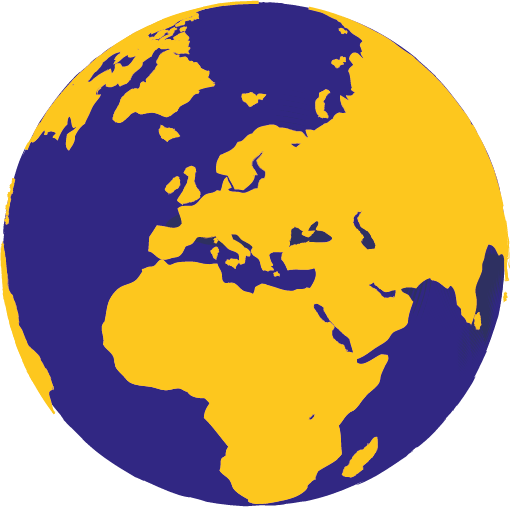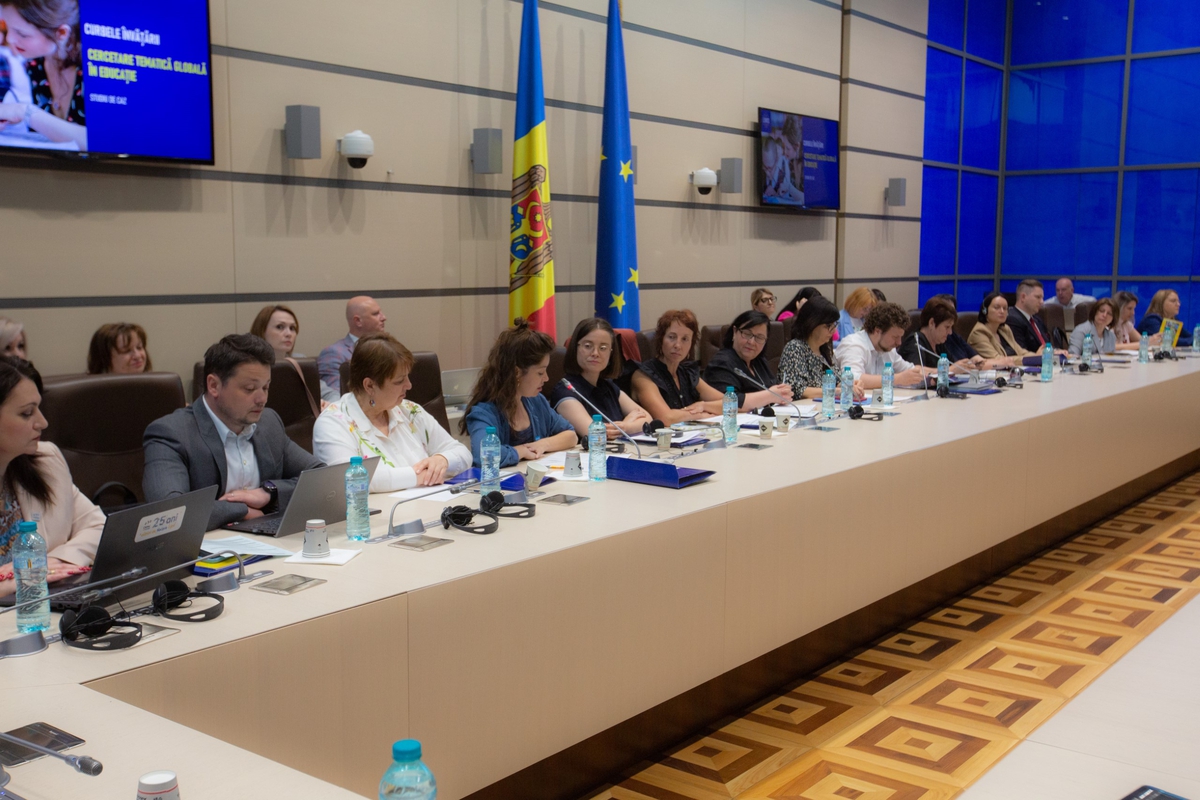Between 4th – 8th June, Lucy Halton, Advocacy and Campaign Manager, and Tricia Young, Director of Programmes, were very pleased to be able to visit our wonderful colleagues at Lumos Moldova.
The trip was planned as part of our advocacy outreach for our recently-launched Global Thematic Review on Education (GTR), for which Moldova was a case study.
Below, Lucy shares her reflections from the trip.
At the parliamentary event, it was a pleasure to hear from young people, parents, and directors of inclusive education facilities, and to share the findings of two years’ of research. The Republic of Moldova has been a pioneer of developing fully inclusive education systems alongside their deinstitutionalisation process, and this was an opportunity to celebrate that, as well as looking at what remains to be done.
The event was immensely successful, thanks to the excellent organisational skills of the Moldova team: 72 participants joined, including Members of Parliament, chairs of committees, and mayors.
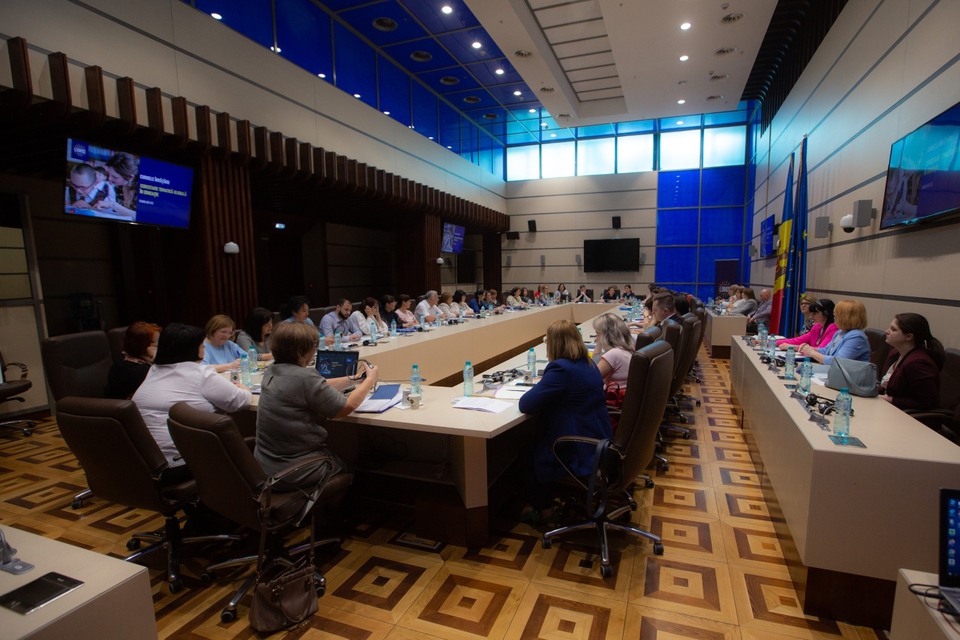
Over the next few days, we held a series of very productive workshops with our colleagues and worked on the Lumos Moldova strategy. It was a real treat to spend time with our colleagues in person, as well as to see beautiful Chișinău and of course eat lots of delicious placinte and other Moldovan foods thanks to the team’s hospitality. We then had a second GTR event, an Intergovernmental Roundtable.
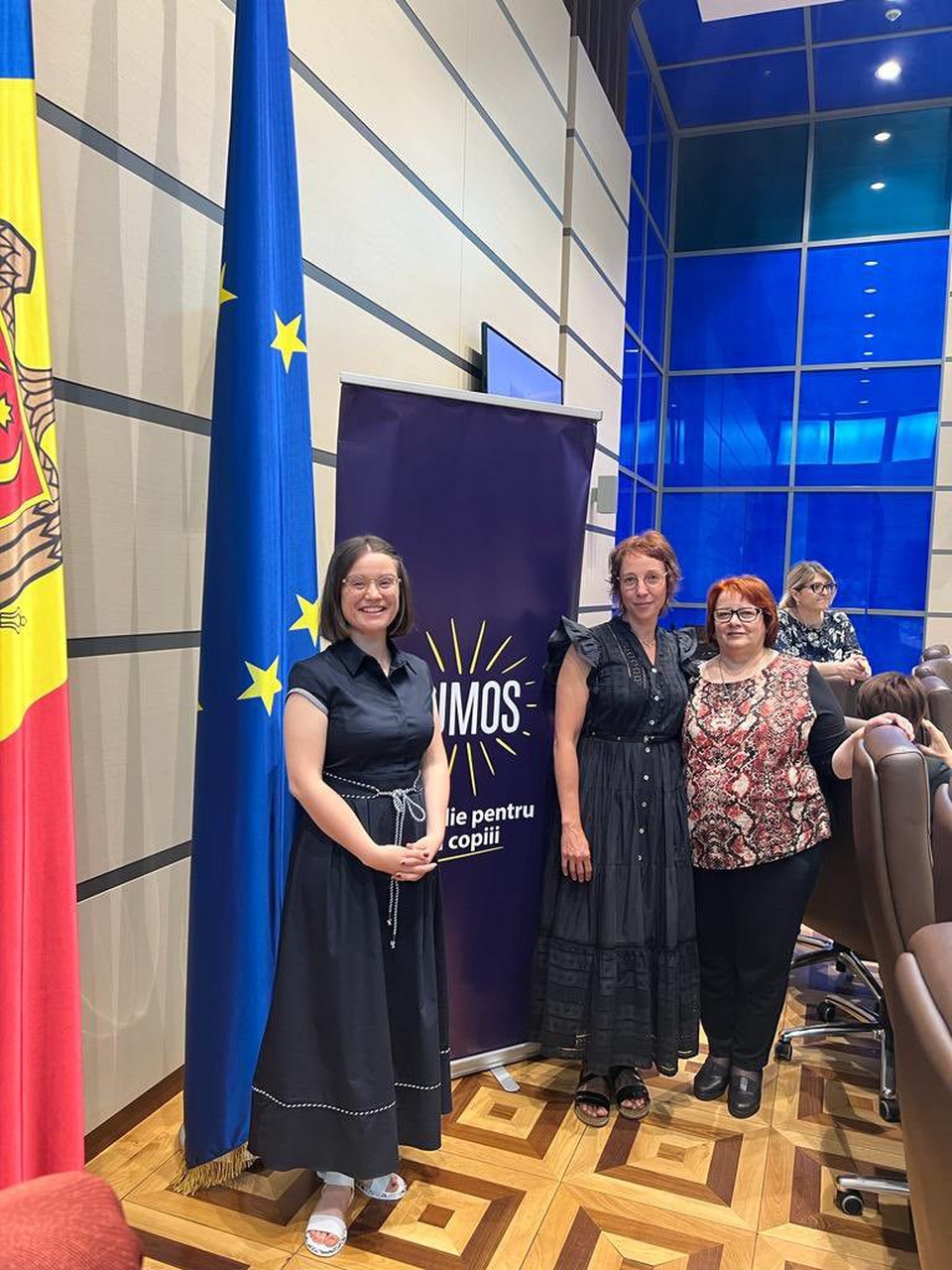
Florești
On our final full day in Moldova, I had the privilege of visiting Lumos's programmes in the region of Florești, in the north of Moldova. Lumos has worked in this region for many years, and the programme here shows why our work isn't only about closing institutions, but building quality services which last. Doing this means a long-term commitment: our team have built deep relationships with communities, and when I visited the staff and managers of these services spoke with pride and a clear sense of ownership of the process. Without this, in a country with limited financial resource and many priorities, these services simply won't last and the outcomes for children will be very poor.
In Florești, we have helped to set up three different services, all of which have to work together in order to protect the rights of children in the region.
First, I visited the Early Childhood Intervention centre. This is one of Lumos's current priorities in Moldova: providing young children with disabilities with exceptional quality care, from physiotherapists, speech therapists, and other experts all in one welcoming space. The centre's director, Tamara, described to me the life-changing impact this has - not only on children, but also on their parents, who are able to find support and community. I met families and children receiving support, in many cases through play-based activities – there was a lot of laughter and fun being had!
Psychopedagogical (Educational Psychology) Assistance Service
Second, I went to the Psychopedagogical (Educational Psychology) Assistance Service. This centre is based in a school, and they assess and support children with disabilities or SEN from all across the region. You can see on the map the numbers of children in each of Florești's 74 villages who the centre has worked with.
I was then privileged to have lunch with a local official who has been key to the process of care reform in Florești.
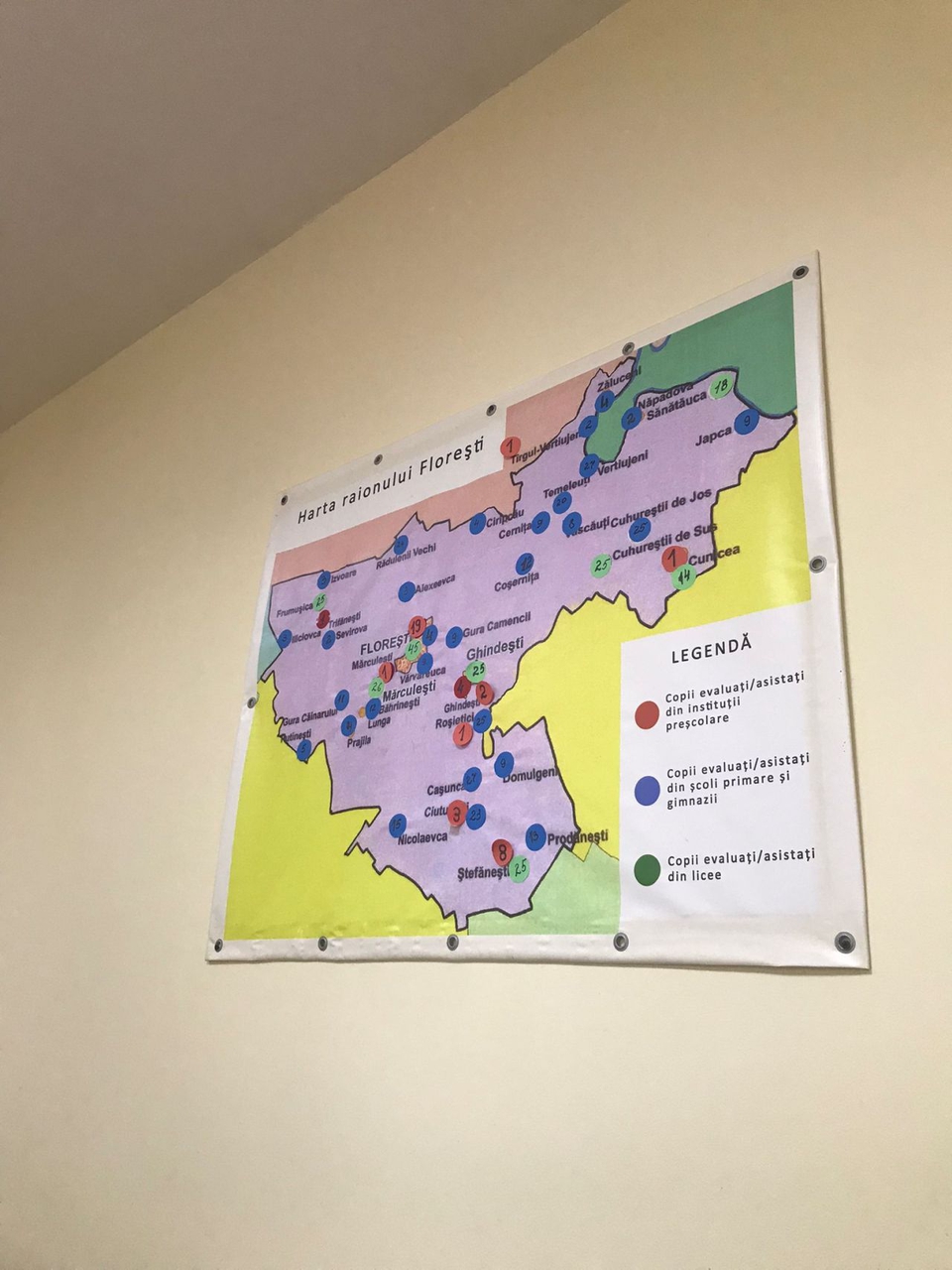
Visiting a Group Home
Finally, I spent time at a small group home. The service provides family-like care for a small number of children who have unfortunately not been able to be reunited with their birth families or find foster care. It is a warm, homely place that smells of home-cooked food and has vegetables growing in the garden. When I arrived, some of the children were relaxing after finishing their very first exam of the year!
It was a wonderful trip, and I feel I understand our Moldova work so much better. I’m so grateful to my colleagues for taking the time to show me these vital services.
